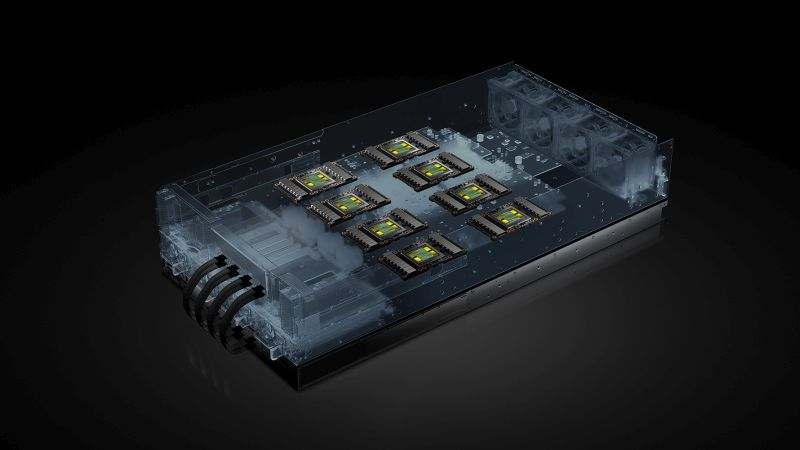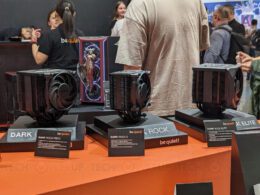As Nvidia’s CEO, Jensen Huang, has suggested, U.S. sanctions against China have intensified competition in the local market for artificial intelligence (AI) accelerators. According to the South China Morning Post, Huawei is stepping up its efforts in this area.
AI in a Box
Chinese firms are promoting the concept of “AI in a box” in the local market, which involves the supply of ready-made software and hardware solutions for AI system development. These solutions are based on Huawei Ascend 910B accelerators, which are built on chips developed by Huawei’s subsidiary, HiSilicon. As access to Nvidia accelerators becomes increasingly difficult, these solutions are gaining popularity in China.
This month, Huawei representatives reported that the Ascend ecosystem now has 40 hardware partners, 1,600 software partners, and supports 2,900 AI applications. The “AI in a box” concept allows Chinese companies to adapt pre-existing solutions to their needs, rather than developing large language models from scratch. The cost of a single box starts at $40,000 and can rise to as much as $300,000.
Chinese Tech Giants in the Mix
In addition to Huawei, Cambricon Technologies and Biren Technology also offer components for AI system acceleration in China. But of the approximately 500,000 AI accelerators sold in China in the first half of last year, about 90% were made by Nvidia, while Huawei had only a 6% market share. Since then, with October’s round of U.S. sanctions blocking the supply of Nvidia’s highest-performing solutions to China, the situation has been shifting in favor of domestic Chinese options. More than ten local companies are already offering their own versions of “AI in a box”. Reportedly, competition from Huawei is even prompting Nvidia to offer its H20 accelerators at a discount.
Production Challenges
The pace of Huawei’s accelerator expansion may be limited by the technological capabilities of its manufacturers. For instance, it’s easier for companies like SMIC to produce 7-nm mobile processors than it is to produce larger Ascend computation accelerators using the same technology but without access to advanced foreign equipment.





